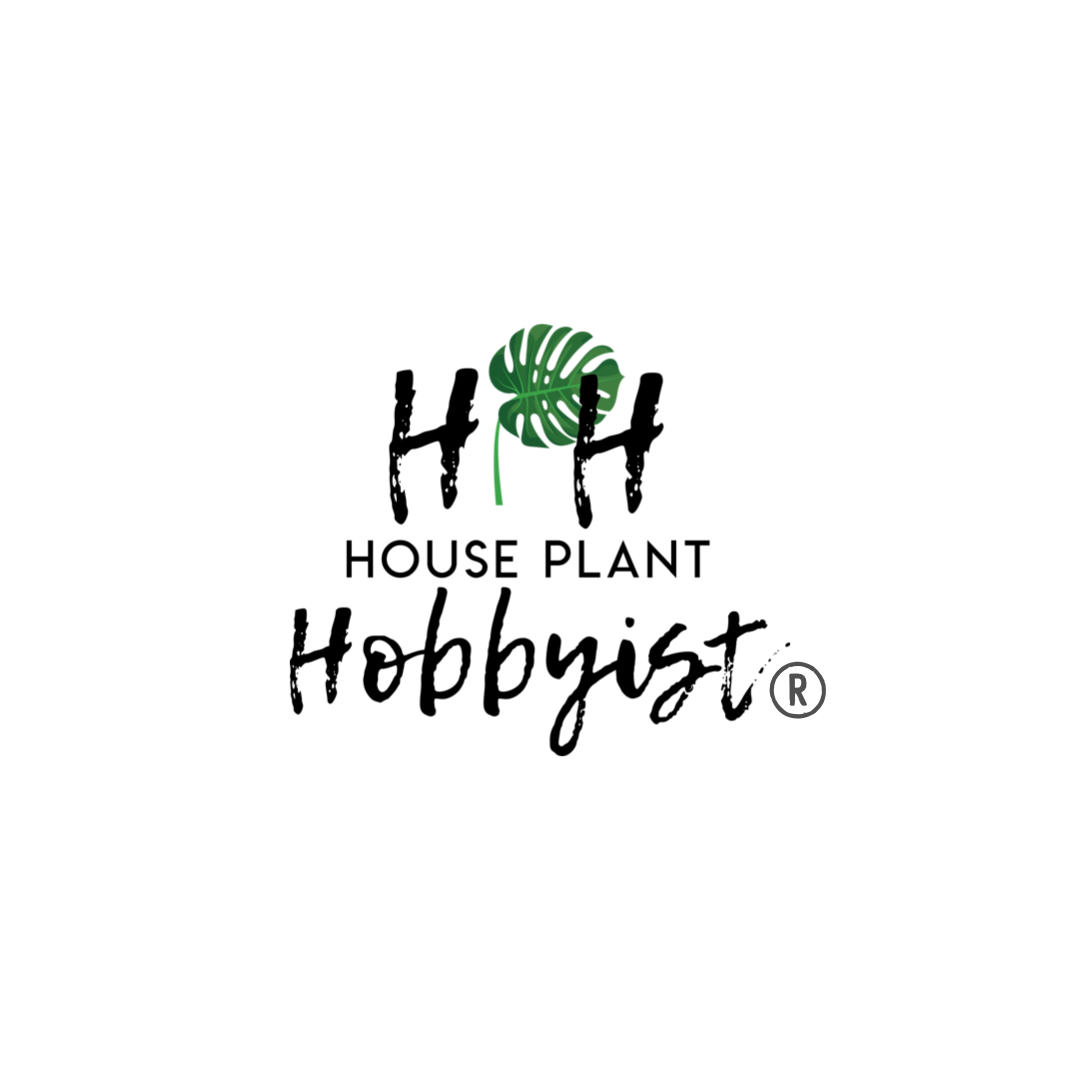Isopods - Friend or Foe?
Potato bugs, rollie pollies, pillbugs, woodlouse, etc. whatever you colloquially call them, they’re all the same thing - isopods! Juliet says it best in William Shakespeare’s play, Romeo and Juliet. Act-II, Scene-II of Shakespeare’s play, Romeo and Juliet, Juliet
“What’s in a name? That which we call a rose / By Any Other Name would smell as sweet.”
Armadillidium vulgare "T-negative albino"
When most people see something scurrying about their plant pots, or underneath their plant pots, stones, etc., they worry that it is a pest, but have no fear! Isopods are a group of friendly creatures. They are what we call detritivores, which are creatures that consume detritus, or decaying organic matter. They are a healthy critter to have around plants, especially if you have a terrarium or vivarium. Any organic material that dies and starts to decay will be consumed by these little ones, whether it is plant matter such as dead leaves or bark, or even another creature that has passed; they’re not too picky. Another plus is that their frass (aka bug poop) are little balls of organic fertilizer.
Armadillidium vulgare albino 'T Positive'
I kind of got ahead of myself talking about how isopods are healthy for terrariums and vivariums and forgot one of the most interesting things about them! Notice how I haven’t referred to them as bugs or insects? That’s because they’re neither! They are actually classified as Malacostraca, which is one of 6 classes of crustaceans. Yes, these are little harmless land crustaceans! Because of this they need a humid spot to go to, but most don’t need constant humidity in all areas of their enclosure. A lot of people who have bioactive vivariums use these and springtails as a “cleanup crew,” which means they have a lot less cleaning to do. Other people, myself included, actually keep some of these as interesting little pets. I know it may sound weird, but go look at all of the different types and patterns!
Porcellionides pruinosus and a freshly shed exoskeleton
So if you see these friendly and harmless little creatures scurrying from under your plant’s pot, or on the soil, don’t be alarmed and definitely do not be upset! Unless, of course, you have a plant that comes from a dry climate, then you should probably let the soil dry out before you water next. Always remember that you can come to HPH on the Mesh Communities app or Facebook to show off your isopods, or if you want to ask questions about/show off/identify plants. We are more than happy to welcome you to our community!
Cubaris sp “Panda King”
